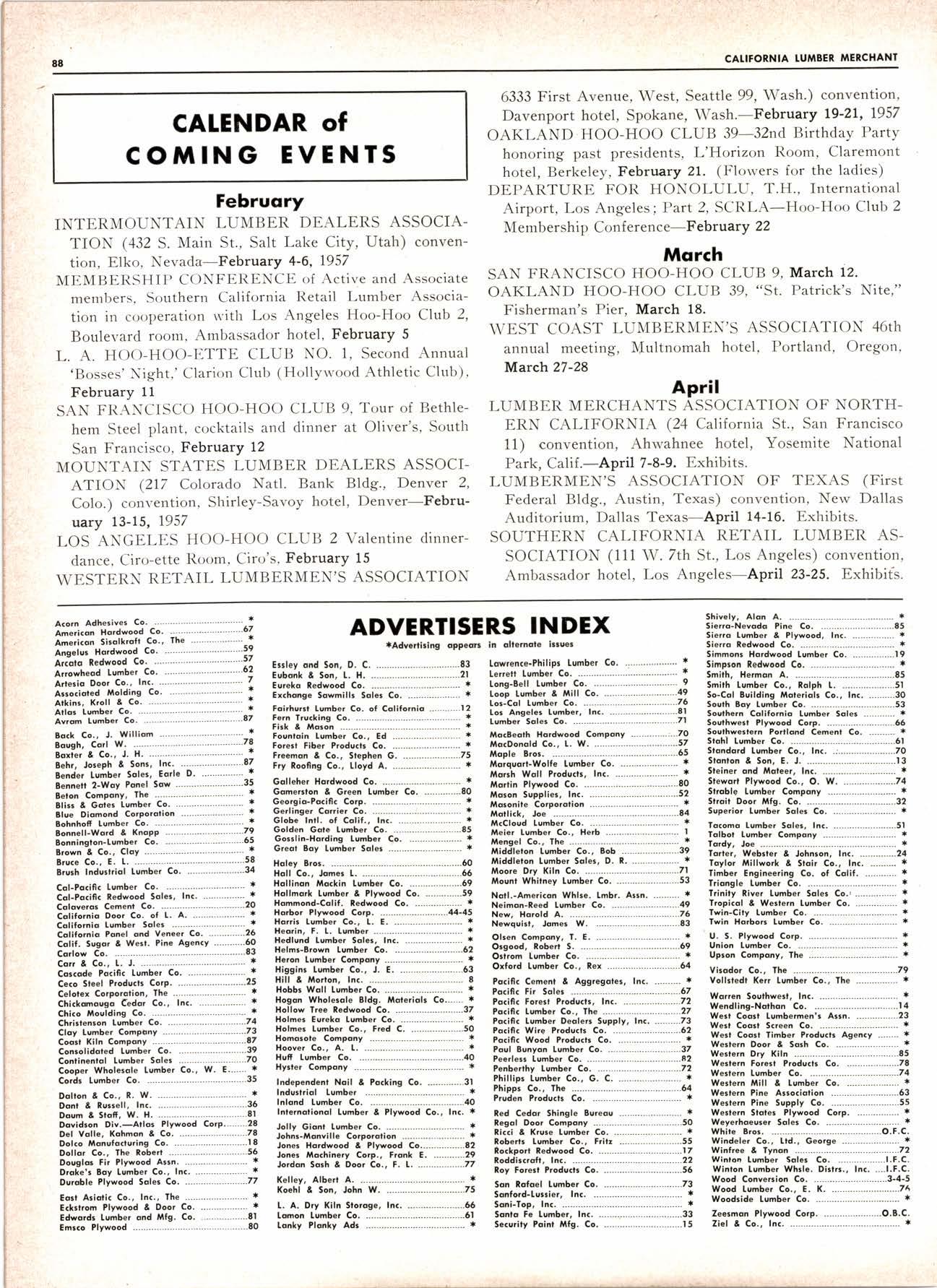
2 minute read
I}ISECT TVIRE SCREENING
property, without due process of law; nor shall private property be taken for public use, without just compensation.'
"Our Founding Fathers knew that the moral right to life carries with it the right to protect and sustain that life. They knew that the moral 'right to sustain life' carried rvith it the right to the product of one's own labor. They knew that the moral right to the product of one's ou'n labor carried with it the right to use it, keep it, give it away or exchange it. They knew that if you don't have that right you don't own property and that to restrict that right is a violation of the human right to own property. And so tl,ey spelled it out:'life, liberty or property.' They set up'a government as the agent of the people, the servant of the people, to protect the rights of life and property of all citizens, equally.
' "We had that kind of government for 124 years-frorn 1789 to 1913. Then we overthrerv it. It was done quite legally and almost unwittingly. We amended it out of existence with just 30 words.
"Freedom depends, and will always depend, on individual responsibility ; on individual integrity; on individual effort; on individual courage; and on individual faith. The economic climate we log in does not depend on anyone else, it depends on vou and me," Mr. Smith concluded.
Plans for ,cooperative action between the National Society of Automotive Engineers and the Pacific Logging Congress to improve the design, operation and maintenance of logging equipment rvere announced at the 47th Congress by Robert Olin, Potlatch Forests, Inc., Lerviston, Idaho.
Torque converters on off-highway logging trucks contribute to driver ease and also better engine life, reported Gray tr'vnn5, Hammond Lumber Co., Samoa, California, to western loggers gathered here for the 47th Congress. He was one of a panel of seven presenting nerv applications of torque converters and exhaust braking.
Exhaust braking on trucks, originally used on Europeatt equipment, has rvorked out well in logging work in British Columbia, reported A. N. MacKenzie, B. C., Forest Products Ltd., Vancouver, B. C. to loggers assembled here for the Congress.
If all VHF television stations are abandoned and replaced by UHF, a possibility developing as a result of joint Congressional Committee and FCC study, the logging industry u'ill face problems in channel reassignment of its valuable short wave radio system, declared Robert Olin of Potlatch Forests in another talk to the Congress. This shake-up in TV and mobile radio is not in the near offing, but it appears probable. In his report for the Forest Industries Radio Communications Committee, Olin also stated that 60 ner,v forest products radio systems were processed last year.
If there is anything constant in the logging business, it is change, according to T. H. Ildstad, a Weyerhaeuser Timber Company logging superintendent from Enumclaw, Wash. Speaking before the Pacific Logging Congress, Ildstad said logging methods and logging machinery are constantly being improved. As an exarhple, he cited the use of horse teams and small tractors to log red alder, a tree which I,vas once considered a worthless forest weed but which now has a market. WTC, Ildstad said, is now harvesting red alder for pulp production and for manufacture into lumber used for wall paneling and furniture stock. Loggers and foresters are even planning tp. drain swampy areas in the forest in the interest of growing more trees, Ildstad said. He pointed out that some Weyerhaeuser tree farms have "hundreds of acres lying idle as swamps." Hand planting










